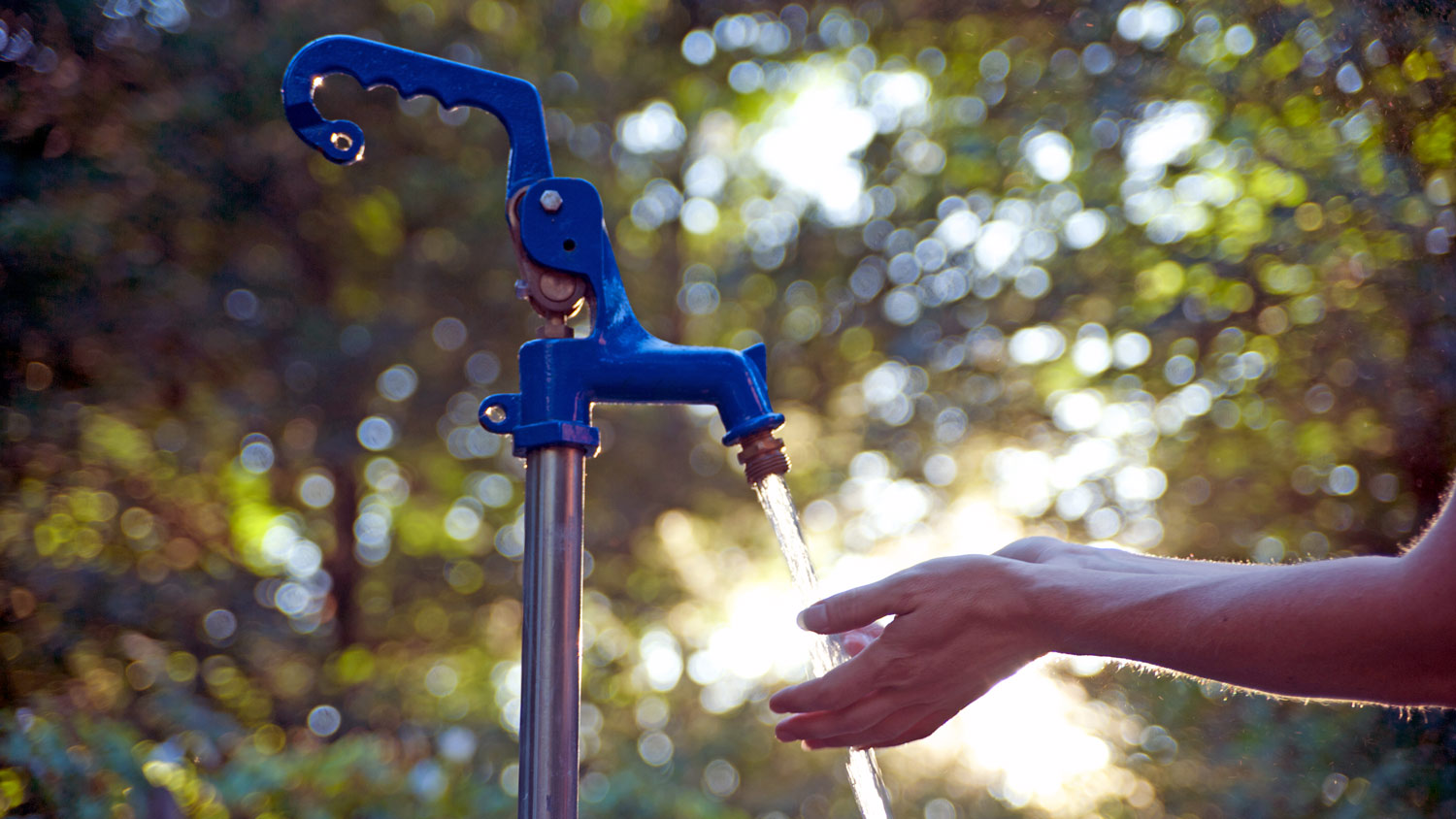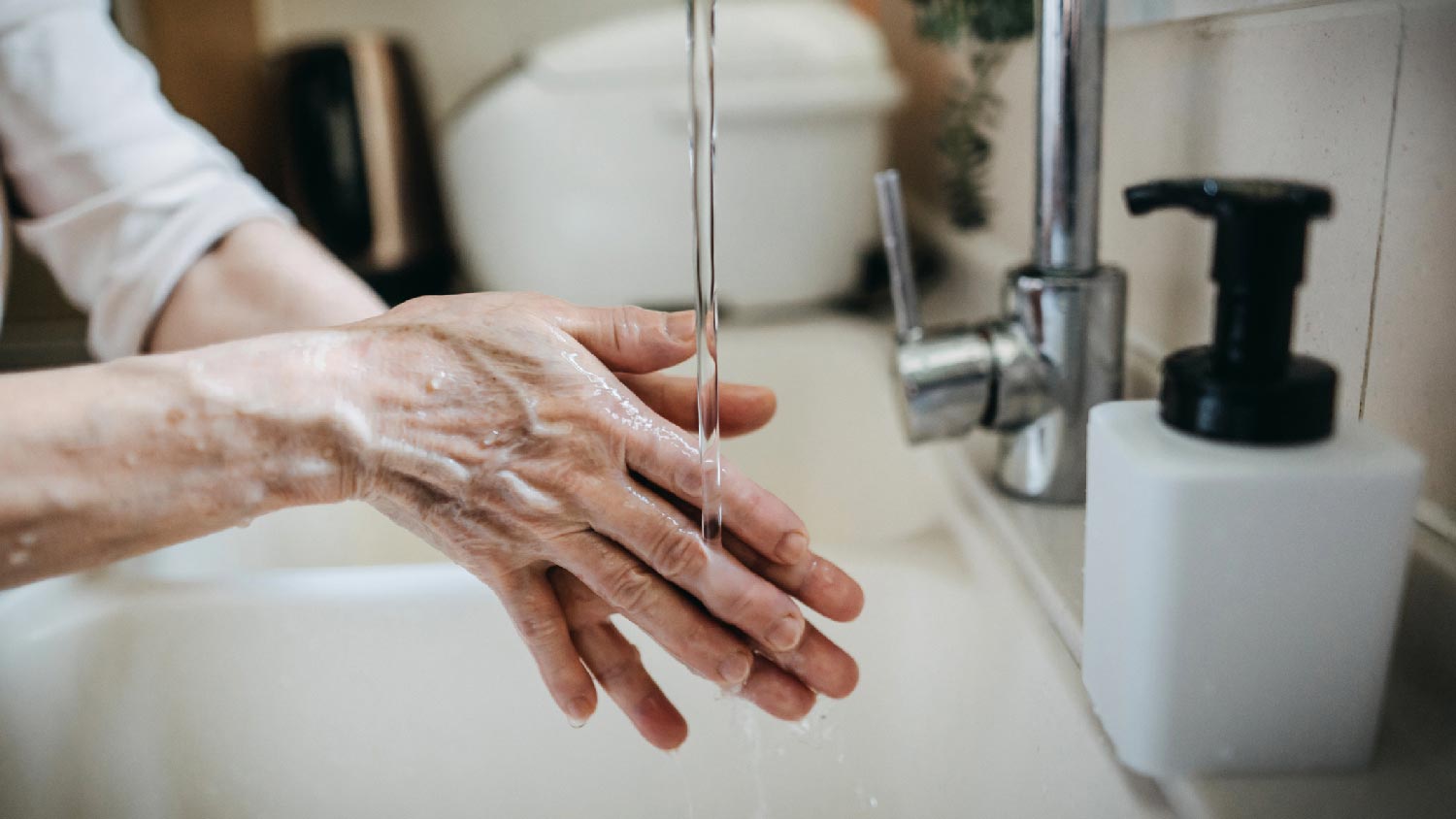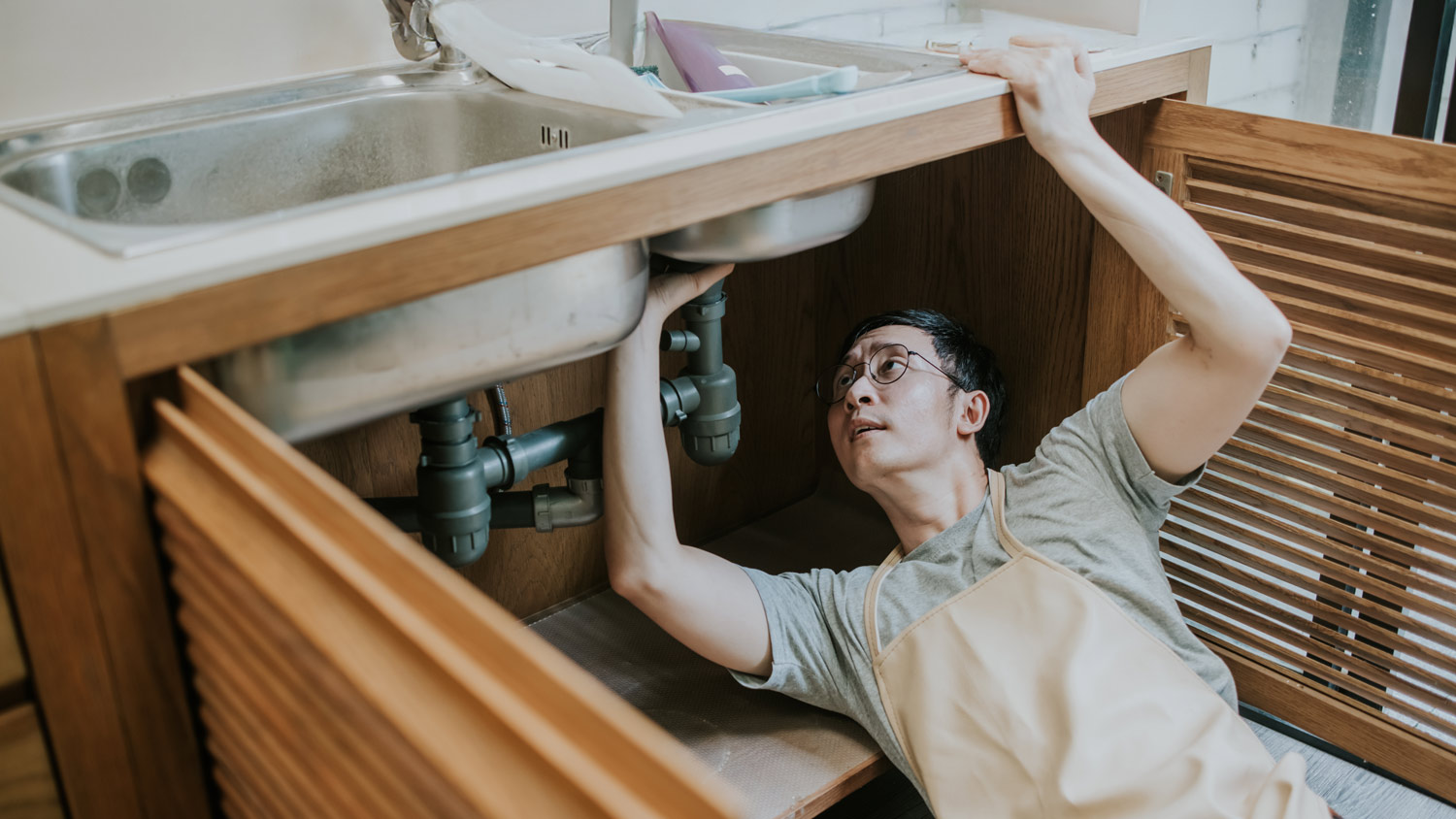
Discover how much well water treatment systems cost, including installation, maintenance, and tips to save. Get expert insights to plan your water system project.
Combat hard water with these alternatives to a water softener


85% of Americans have hard water.
Hard water is safe to use but tough on appliances, systems, and skin.
Traditional water softeners are expensive, hard to maintain, and bad for the environment.
Reverse osmosis systems or water conditioners are common alternatives.
Eighty-five percent of Americans have what’s called hard water, which is essentially water with high levels of minerals like calcium and magnesium. Water softeners help remove these hard minerals to produce softer water, which is better for your home and your body. But, traditional softeners are expensive, require a lot of water softener maintenance, and are bad for the environment.
Keep reading to learn more about the four most common water softener alternatives to find which one is right for your home.
As water travels to your local water treatment plant, it comes in contact with rocks and soil and in some cases, starts to absorb it. When that happens, your water can start to have higher levels of the minerals found in local rocks and soil, leading to hard water.
While most hard water is considered safe to use by the Environmental Protection Agency (EPA), it can lead to problems like limescale buildup and decreased efficiency in systems and appliances, like dishwashers or hot water heaters—meaning higher maintenance and utility bills. Some homeowners choose to install a water softener to combat that.
A water softener removes those minerals through a scientific process called salt-based ion exchange. In some cases, they may use potassium chloride instead, but sodium is more popular and common.
How a water softener works is a bit complicated, but the gist of it is that a water softener uses resin beads to attract calcium and magnesium. The resin beads have a negative charge while the water minerals have a positive charge, so when they meet, the beads grab hold of the negatively charged minerals and take them out of the water—meaning only soft water is left.
They’re expensive: The average water softener installation cost falls around $1,500, which is quite a bit of money for something that’s technically not needed. Plus, you have to buy salt every month (around $10 per bag).
They create a lot of wastewater: Some municipalities are even starting to ban traditional saltwater softeners because of the high amounts of waste they create.
They require a lot of maintenance: You’ll have to check your water levels and your system pretty regularly to make sure it’s working efficiently. Water softeners certainly aren’t a set-it-and-forget-it solution and require learning a lengthy process for how to set a water softener.
You may intake too much sodium: Depending on the water softener, you may use chemicals like sodium or potassium chloride for the exchange, which may lead to higher levels of sodium intake.

To answer the drawbacks, many companies have come up with different types of water purification solutions that avoid some of these issues.
Each comes with its own pros and cons depending on what you’re looking for out of a water softener alternative (and what your budget is).
Water conditioners are probably the most common water softener alternative. They’re often installed at the point of entry, meaning they impact the water throughout the house.
Instead of removing the minerals, water conditioners crystalize the minerals through a process called template-assisted crystallization (TAC). In their crystalized form, these minerals can more easily pass through pipes and appliances to avoid build-up and limescale. But those minerals don’t actually leave the water, which may be a drawback for some.
| Pros | Cons |
|---|---|
| Easy setup | Doesn’t actually remove the minerals from your water |
| No added salt | Have to replace every few years |
| Doesn’t require electricity | Wastes a lot of water, which could overload your septic system |
Best for: Those who want a hands-off solution
Reverse osmosis systems are becoming pretty popular and more widely available. These work by pushing water through a microscopic filter to catch a wide variety of contaminants, not just those connected to hard water. They remove everything from heavy metals like lead and asbestos to common issues like salt.
Most systems are designed for filtering at the source, and if you want a whole-home solution, the installation complexity and costs rise very quickly. Not to mention most homeowners don’t necessarily need that pure of water, especially considering some minerals are good for us.
| Pros | Cons |
|---|---|
| Removes 99% of contaminants | Wastes a lot of water |
| Good for the environment and your health | May remove healthy minerals |
| Highly purified for multiple uses, like fish tanks | Expensive upfront cost |
| Creates better-tasting food when cooked with | Considerable maintenance requirements |
Best for: Those who want fully purified water
UV water filters are similar to reverse osmosis systems in the fact that they remove an abundance of naturally occurring bacteria from water, but they don’t actually remove any of the minerals—meaning you’ll still have hard water.
UV systems use ultraviolet rays to kill harmful organisms, bacteria, and minerals in water. The science behind UV light is proven and tested across a variety of methods and materials and is widely accepted in many scientific areas.
If your goal is simply purification when it comes to a water softener, these could be a good choice. But, they don’t offer many of the benefits others do, like the improved taste, softer water, and mineral removal.
| Pros | Cons |
|---|---|
| Proven purification method that removes bacteria | Doesn’t soften water |
| Easy to install | Requires constant electricity |
| Instant treatment with no water tank or holding area | May require an additional prefilter for murky water |
| Simple maintenance | Doesn’t remove heavy metals or minerals |
Best for: Those who want purified water but prefer a budget-friendly alternative to reverse osmosis systems
Electromagnetic softeners use magnets to attract hard minerals rather than salt. As water passes by electromagnetic coils, the magnetic field is said to alter the chemical composition of the water to help prevent scaling and hard water.
They were once pretty common but have slowed in popularity due to rising concerns of their effectiveness. While touted as affordable, low maintenance, and easy to use, many studies have proven they don’t work as efficiently or effectively as many other options available on the market.
| Pros | Cons |
|---|---|
| Easy to install | Not a proven solution |
| Long-lasting | Won’t prevent scaling in water heater |
| Affordable | Not as efficient as other options |
Best for: Those on a limited budget
The best alternatives to a water softener are either reverse osmosis (RO) systems or TAC water conditioners. While often talked about in the same breath, electromagnetic water softening systems and UV purifiers offer limited benefits compared to these two.
Choosing between these two systems mostly comes down to budget. A whole-home RO system could cost as much as six times the amount as a TAC system, depending on the model and size of your home. Not to mention it requires more maintenance and more costly repairs.
But, the water output from an RO system is much purer (some call it “near perfect”) than the water produced through TAC. And, in some areas where specific contaminants may exist, the RO system could be the only viable option, despite the cost.
From average costs to expert advice, get all the answers you need to get your job done.

Discover how much well water treatment systems cost, including installation, maintenance, and tips to save. Get expert insights to plan your water system project.

Wondering about water treatment system costs? Learn average prices, key cost factors, and ways to save on installation and maintenance for your home.

Your cost to install an under-sink water filter will depend on the type and size of system you choose and whether you need professional installation.

Learn how to tell if you have hard or soft water, how to test your water yourself, and what to do if you have hard water.

Clean drinking water is a must-have for every household. If you don’t have access to potable water, explore these five ways to make water safe for drinking.

Removing a water softener for repair or replacement requires a few tools but a lot of skill. Learn how to remove a water softener like a pro with this guide.